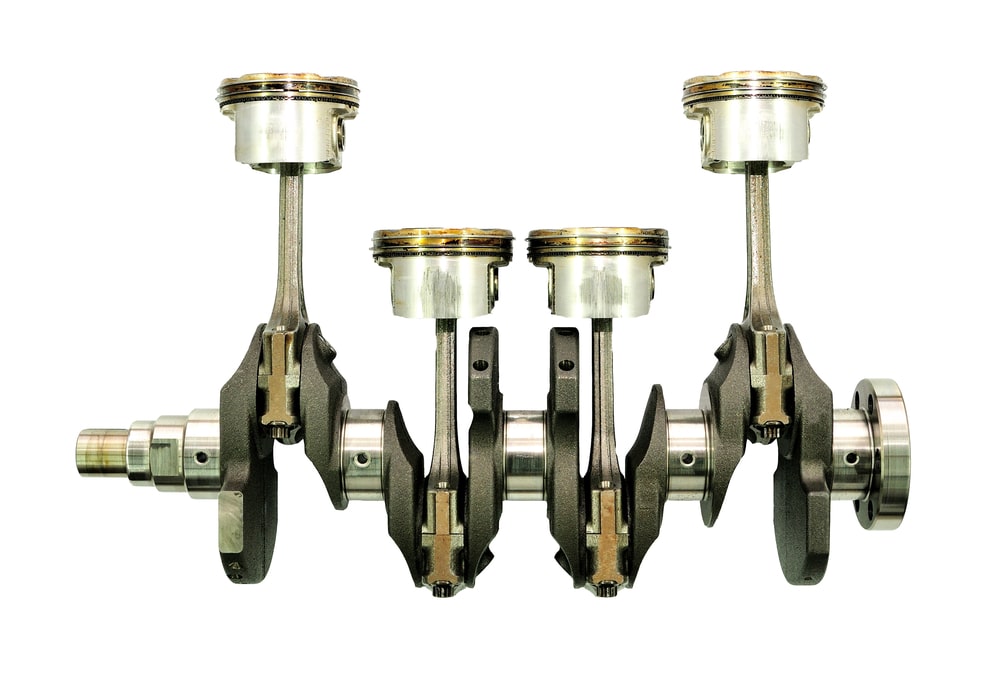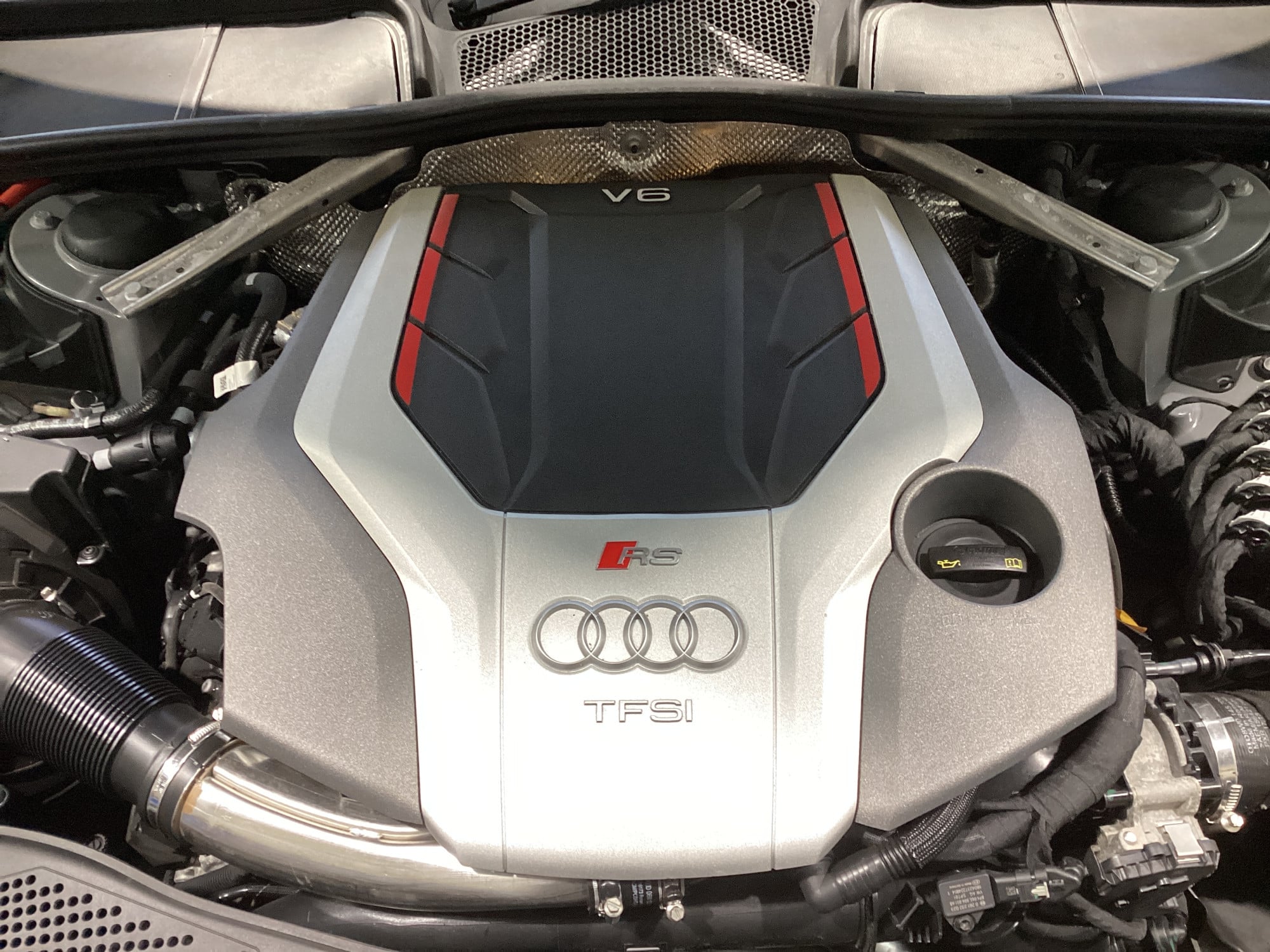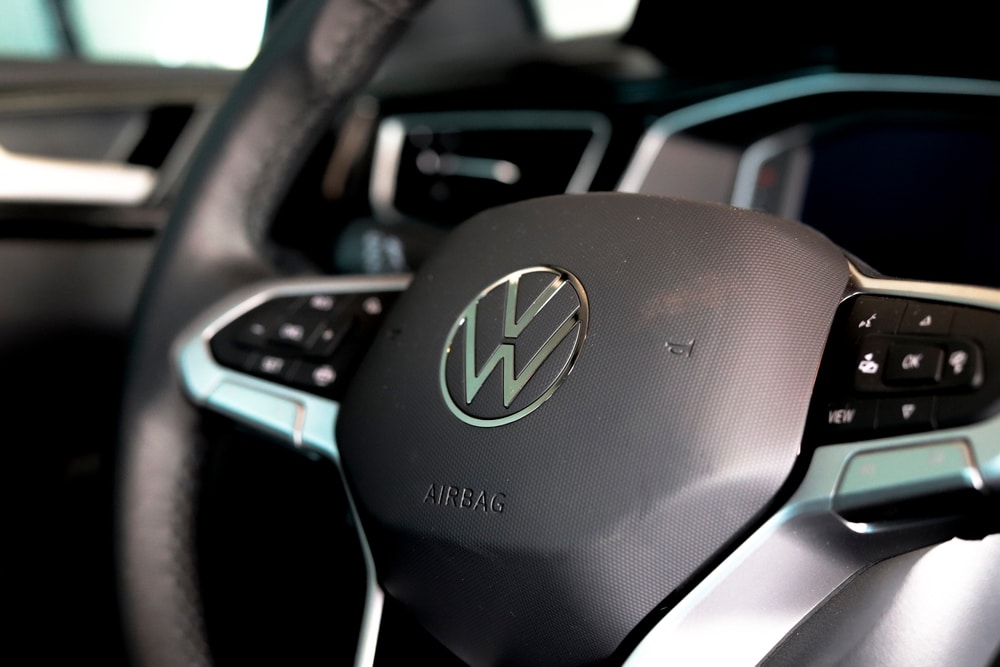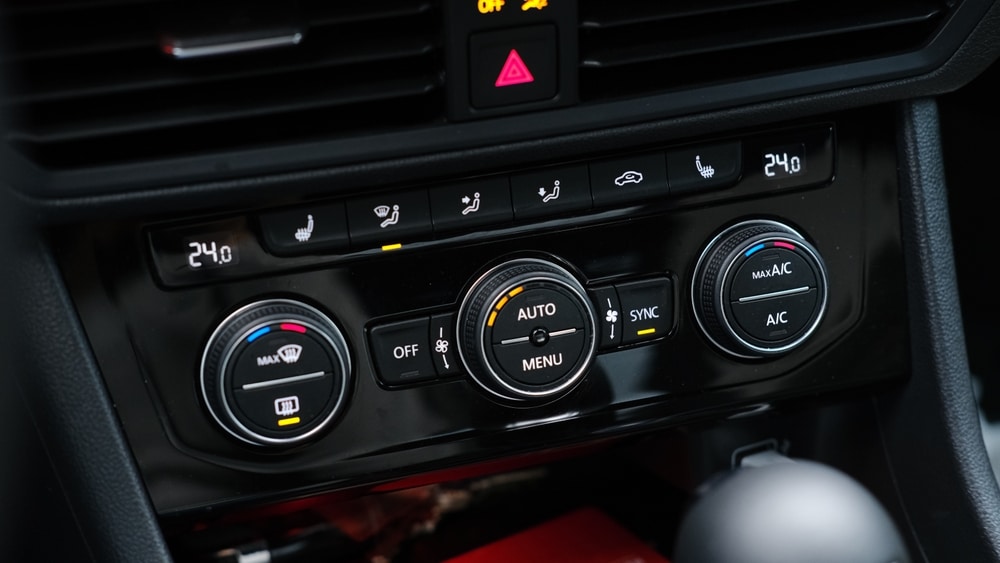Crankshaft
Every time you start your car, the crankshaft gets to work. Never heard of it? Not a problem!
Thousands of Milton Keynes motorists travel daily without giving this critical engine component a moment’s thought. Without it, you’d have an engine that creates energy but no way to harness it for movement – rendering your vehicle completely useless.
Here’s the reassuring bit – crankshafts don’t require constant attention. They’re engineered to endure, outlasting many other engine components. However, this longevity depends entirely on one crucial factor: proper lubrication through regular servicing.
This is precisely why staying on schedule with your vehicle servicing isn’t optional – it’s essential. When fresh, high-quality oil circulates properly through your engine’s internal pathways, your crankshaft remains protected from potentially devastating wear.
Throughout this guide, we’ll uncover the inner workings of this essential component, explain the critical role of the crankshaft position sensor, and demonstrate how Quality Car Service’s preventative maintenance philosophy helps Milton Keynes drivers avoid costly repairs while maximising vehicle reliability.
Understanding Your Crankshaft’s Role
Your crankshaft sits in the bottom section of your engine, working quietly but playing an absolutely crucial role. Though you can’t see it, this carefully engineered part is the backbone of your engine. It’s housed inside a protective area called the crankcase, with the oil pan sitting underneath – like a reservoir that holds the vital oil needed for smooth running.
When you look at a crankshaft, you can see it’s a marvel of engineering. Every curve and surface has been designed with a specific purpose. Nothing is there by accident – each part helps turn the linear (up-and-down) motion from the pistons into the rotation that turns your car’s wheels.
The counterweights on the crankshaft show this smart design perfectly. These aren’t just random pieces of metal – they’re precisely sized and positioned to reduce vibrations as you drive. Throughout the crankshaft, a network of internal channels (called “oilways”) bring essential oil to parts under extreme pressure when you’re driving through Milton Keynes, joining the M1, or beyond.
This oil system shows why regular servicing isn’t just recommended – it’s essential. If these oil channels get blocked, or if old oil loses its protective qualities, metal parts start rubbing directly against each other. If left untreated, this can leave you with a completely failed engine – leaving you stranded and facing a huge repair bill.
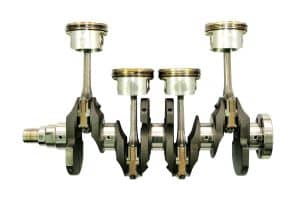
What Role Does a Crankshaft Play?
Think of your crankshaft as a mechanical translator: it transforms the linear (up-and-down) movement generated by your pistons into the rotational force that ultimately propels your vehicle.
This rotational motion transfers through your clutch and gearbox before reaching your wheels. Simultaneously, the crankshaft drives your camshaft through a timing chain, belt, or gear system, ensuring valves open and close with millisecond precision. Additionally, it powers crucial auxiliary systems, including your alternator, water pump, and air conditioning compressor, via a series of pulleys and belts.
What Might Go Wrong With Your Crankshaft
Unlike parts that need regular replacement, your crankshaft is built to last. It’s made from tough materials specifically chosen to handle the stresses of engine operation. With proper maintenance and regular oil changes, most drivers will never experience crankshaft problems throughout their car’s life. However, when crankshaft damage does happen, it’s serious business – often requiring a complete engine rebuild or replacement, which can be very expensive.
What you’re much more likely to encounter is a problem with the crankshaft position sensor. When this sensor stops working properly, your car’s computer (the ECU) loses the information it needs to control engine timing properly. Without knowing the exact position of the crankshaft, your ECU can’t tell your spark plugs when to fire or your fuel injectors when to spray fuel. The result? You might find yourself stuck on the side of the road in Milton Keynes, waiting for a recovery vehicle.
Crankshaft Position Sensor
This sophisticated electronic component monitors your crankshaft’s movements continuously, tracking both rotation speed and exact positioning as your engine operates.
In today’s computer-controlled engines, this information is absolutely vital. Your vehicle’s ECU depends on these precise measurements to optimise every aspect of engine performance, from exactly when spark plugs fire to precisely when fuel injectors activate. Without this steady stream of data, your engine management system can’t detect your crankshaft’s position.
When this sensor begins deteriorating, it can trigger many symptoms, from performance to starting issues. The ECU simply cannot calculate proper engine timing without reliable crankshaft position data, making this seemingly small component critically important to your vehicle’s operation.
Engine Acting Up? Could Be The Crankshaft or Sensor
Becoming familiar with these warning flags could save you from substantial repair expenses:
- Hard to Start the Engine – The crankshaft position sensor monitors the rotational speed and position of the crankshaft when you start your car. If it fails to transmit accurate signals to the ECU, the engine may struggle to start, or not start at all. Interestingly, once the engine is running, the ECU can rely on stored data to estimate crankshaft behaviour, so you might not notice an issue right away. The trouble typically shows up when you shut the engine off and attempt to restart it.
- Reduced Engine Performance – In some cases, a faulty crankshaft sensor can cause erratic engine behaviour. Since the ECU depends on precise crankshaft data to manage ignition timing and fuel delivery, a failing sensor can result in misfires or poor combustion. This might present as a rough idle (where the vehicle shudders or vibrates), sluggish acceleration, or an overall lack of power while driving.
- Illuminated Warning Light – One of the most common indicators of sensor trouble is the appearance of the “Check Engine” light. This warning usually activates when the ECU detects irregular or absent signals from the crankshaft sensor.
- Heat-Related Sensor Issues – Crankshaft sensors can become unreliable at high temperatures. In some instances, the sensor may cause the engine to stall or cut out, only functioning again once it’s had time to cool.
- Excessive Vibration or Strange Sounds – If you’re hearing knocking, rattling, or noticing intense vibrations while driving, there could be a mechanical issue with the crankshaft itself. These symptoms shouldn’t be ignored, as they could point to physical damage requiring immediate inspection.
Swift identification of these warning signs is the best defence against escalating repair costs. At Quality Car Service, our experienced experts use advanced electronic testing equipment to identify the precise cause of your symptoms, allowing for targeted repairs rather than expensive guesswork.
Maintain Your Crankshaft with These Simple Steps
Keeping your crankshaft in optimal condition requires a straightforward but essential routine. By following these guidelines, you’ll dramatically reduce the likelihood of experiencing issues with this crucial component:
Quality Oil Selection:
- Our technicians select only manufacturer-approved oil with the exact specifications your engine requires
- Premium synthetic formulations provide superior protection against wear, particularly during cold starts on frosty Milton Keynes mornings
- Using incorrect oil specifications risks accelerated component deterioration
Regular Oil Changes:
- We follow strict manufacturer guidelines regarding oil change intervals, ensuring your crankshaft is always sufficiently lubricated
- Fresh oil effectively carries away heat, neutralises combustion byproducts, and prevents harmful deposits from forming in critical oil passages
Professional Servicing:
- Book your annual service with Quality Car Service according to your manufacturer’s recommended schedule. This timing isn’t arbitrary but carefully calculated to prevent premature wear
- Our comprehensive inspections allow early detection of developing problems
Adhering to these proven maintenance principles can lengthen your engine’s lifespan, lowering the chances of unexpected breakdowns while travelling through Milton Keynes and beyond.
Contact Us for Top-Notch Car Service
At Quality Car Service, we understand the critical relationship between routine maintenance and long-term reliability. Vehicle manufacturers establish service intervals based on extensive testing; these schedules exist specifically to protect crucial components like your crankshaft.
Our preventative approach has earned us the trust of drivers throughout Milton Keynes, reflected in our {{average-rating}} star Google rating from {{review-count}} satisfied customers.
When you choose our workshop, you benefit from:
- Outstanding value with clear, transparent pricing. No unexpected surprises
- Comprehensive 12-month parts and labour guarantee on all work completed
- Technical expertise using specialist diagnostic equipment
- Exclusive use of genuine or OEM-quality components
Don’t leave your engine’s health to chance or delay necessary maintenance. Ring us today on 01908 376555 to discuss any crankshaft concerns, crankshaft position sensor issues, or to schedule your vehicle’s next service appointment. Our friendly experts stand ready to keep you safely on the road for years to come.
